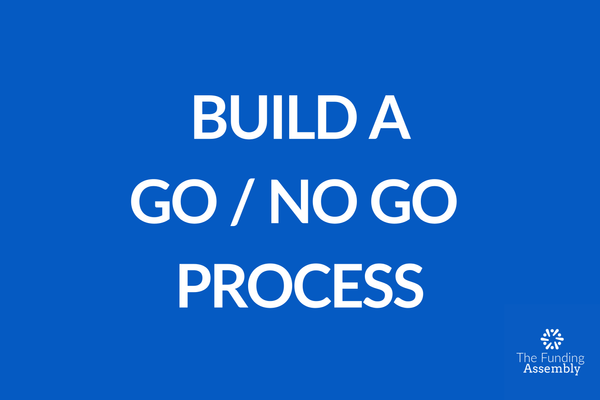As a business owner in Southeast Asia's dynamic and rapidly evolving F&B industry, your company represents years of unwavering dedication, continuous innovation, and significant personal investment. The prospect of entering into merger or acquisition discussions can feel overwhelming, especially given the complex nature of these transactions in the food and beverage sector. This comprehensive guide will help you navigate these crucial conversations with confidence and strategic clarity, ensuring you're well-prepared for every step of the journey.
1. Know Your True Value In the competitive F&B market, understanding your business's true worth is crucial for successful M&A negotiations. This includes conducting a thorough assessment of both tangible and intangible assets, from kitchen equipment and inventory to valuable intellectual property and brand recognition.
Maintaining detailed financial records and documentation is essential for demonstrating your business's financial health to potential buyers.
Southeast Asian F&B businesses must also identify and articulate their unique market positioning, growth trajectory, and competitive advantages within the regional landscape.
2. Building Your Professional Advisory Team Success in F&B mergers and acquisitions requires assembling an experienced team of professionals. This includes financial analysts who understand restaurant valuations, legal counsel specialized in F&B transactions, and M&A consultants with industry expertise.
Industry experts play a vital role in accurate business valuation, while operational consultants can help optimize your business processes. Throughout the negotiation process, maintaining strict confidentiality is paramount to protect your business interests and market position.
3. Strategic Timing in F&B M&A Timing is critical in F&B merger and acquisition deals. Understanding market cycles specific to the food and beverage industry helps identify optimal negotiation windows.
Successful deals require careful planning of timelines for due diligence, negotiations, and closing processes. Meanwhile, maintaining smooth restaurant operations during negotiations ensures business value preservation and demonstrates operational excellence to potential buyers.
4. Cultural and Operational Integration Beyond financial considerations, successful F&B acquisitions depend heavily on cultural alignment and operational compatibility. Protecting your restaurant's brand legacy and core values ensures long-term success post-acquisition.
Employee retention strategies become crucial, particularly for key kitchen staff and management. Additionally, preserving valuable customer relationships and loyalty programs requires careful planning and execution during ownership transition.
5. Navigating Common M&A Challenges Understanding and avoiding common pitfalls is essential for successful F&B mergers and acquisitions.
This includes managing emotional attachments to your business, conducting thorough due diligence, maintaining clear communication channels, and carefully evaluating deal structures. Restaurant owners must remain objective while protecting their interests throughout the negotiation process.
Conclusion: Successfully finding the right buyer who will not only preserve but enhance your business legacy while providing fair market value requires a delicate balance of strategic negotiation and thorough preparation. As Southeast Asia's F&B industry continues to evolve and mature, successful M&A deals increasingly depend on both sophisticated strategy and meaningful relationship-building. Understanding and mastering these elements will position you for optimal outcomes in your M&A journey.
Connect with The Funding Assembly's specialized team of experts who deeply understand the unique dynamics and challenges of F&B businesses in Southeast Asia. Let's have a detailed discussion about how we can help you find the perfect strategic match for your business's exciting next chapter, ensuring both immediate success and long-term growth.



